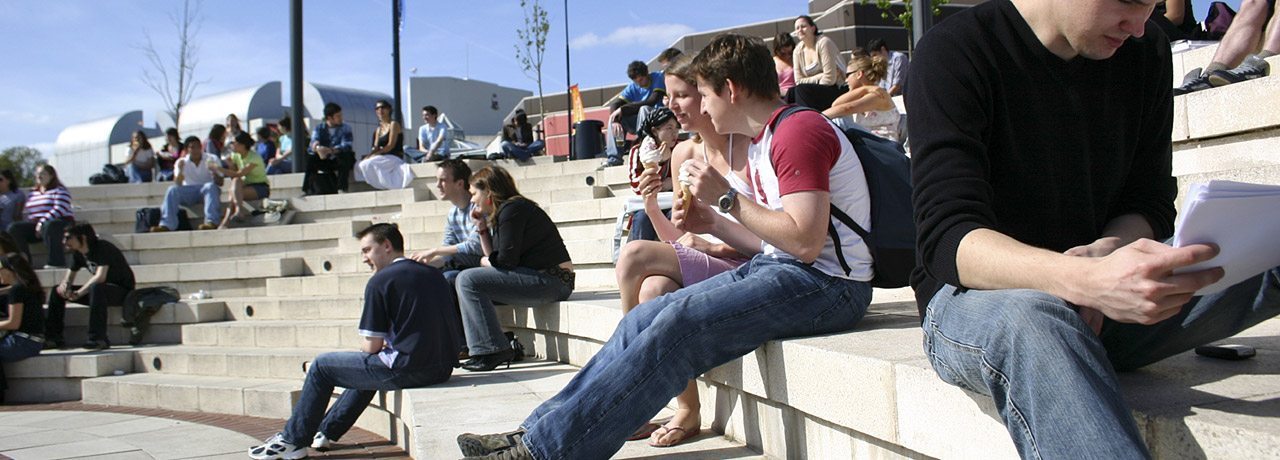17 percent drop in undergraduates starting University
New figures released by the Higher Education Statistics Agency (Hesa) show that there was a 17 percent fall in the number of undergraduates beginning study at a UK university in 2012.
The academic year 2012-2013 was the first year of higher tuition fees – now set at £9,000 per year for EU students.
Despite this, the number of students applying a year after the tuition increase in 2013, was the highest ever recorded.
However, the Office for Fair Access expressed concern at the figures – particularly the 19 percent fall in part-time student applications in 2012. The director, Professor Les Ebdon, said the decline was because part-time students are more likely to come from disadvantaged backgrounds.
He also said that part-time students are often mature students who are interested in increasing their employability by ‘up-skilling.’
“Any downturn in their numbers is therefore likely to have serious repercussions on the competitiveness of our economy,” he stated.
This view was reinforced by the National Union of Students (NUS) who said that the decrease in part-time students should be “acknowledged as a crisis”.
The Department of Business (Bis) said that 2012 was the first year that part-time students could receive a non-means tested tuition fees loan meaning more students were now eligible to receive government support.
The overall figures included a 12 percent fall in new full-time undergraduates at English universities. Bis have stated that this figure was influenced by an increase in students starting university the year before, rather than taking a gap year.
A spokesperson added that: “Application rates for some of the most disadvantaged have risen to an all-time high in England and more students than ever before are being successful in securing a place at their first choice institution”
In contrast, Scottish universities saw a two percent increase in the number of students beginning full-time undergraduate courses. The government in Scotland still pay for the tuition fees of Scottish universities.
Eilidh Robb, who studies at Geography at St Andrews commented: “For me, the cost of university wasn’t a huge decider when choosing where to apply to, but that was simply because I felt that given Scotland’s size, only applying to Scottish universities would be very limiting.
“Having said this, it is true that paying less for a good education is a bonus, and while not a deciding factor, is a definite advantage”
The Academics Union (UCU) said the overall decline in new undergraduates was directly linked to the increase in tuition fees.
They criticised the trebling of fees and stated: “While we have seen a recovery in the number of people applying to university, the fear remains that some may never fulfil their potential because of the new funding regime.”
Toni Duffy, a first-year at the University of Birmingham, commented that a friend of hers had delayed a year, opting to begin university in 2012 but then decided not to go to university at all.
She said: “The fee increase was definitely an influence” to her decision.
First-year PPE student Hiran Adhia said: “Most people seem to go to university because they don’t know what else to do and they don’t feel like they have any other option, or they are doing a vocational degree and need to go.
“Either way you can’t really complain or abstain from the increasing fees and so you just have to bite your tongue and take it or if you can’t afford it then accept that you simply do not have access to the opportunity.”
Josh Abey, also a first-year PPE student, disagreed: “The figure suggests some people have clearly been dissuaded from going to university and that’s a negative – I thought we’d moved past the point where educational attainment was dependent upon the ability to pay.
“Personally it didn’t make a difference to my decision… But each individual who does change their mind based on the higher debt they’d incur is a loss to society that represents the short-sightedness of the fee increase.”
The Hesa figures also revealed a one percent decline in non-EU students, a matter of concern for the NUS.
Rachel Wenstone, NUS vice-president, commented: “For the first time ever the total number of international students, who are fundamental for the long-term financial and academic health of UK universities, has dropped.”

Comments